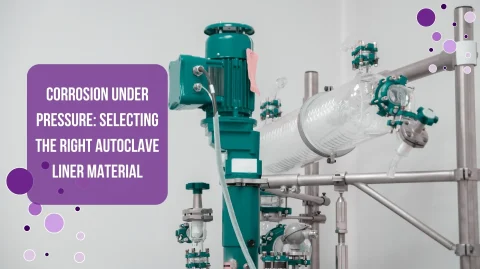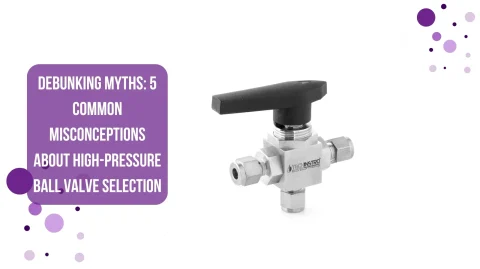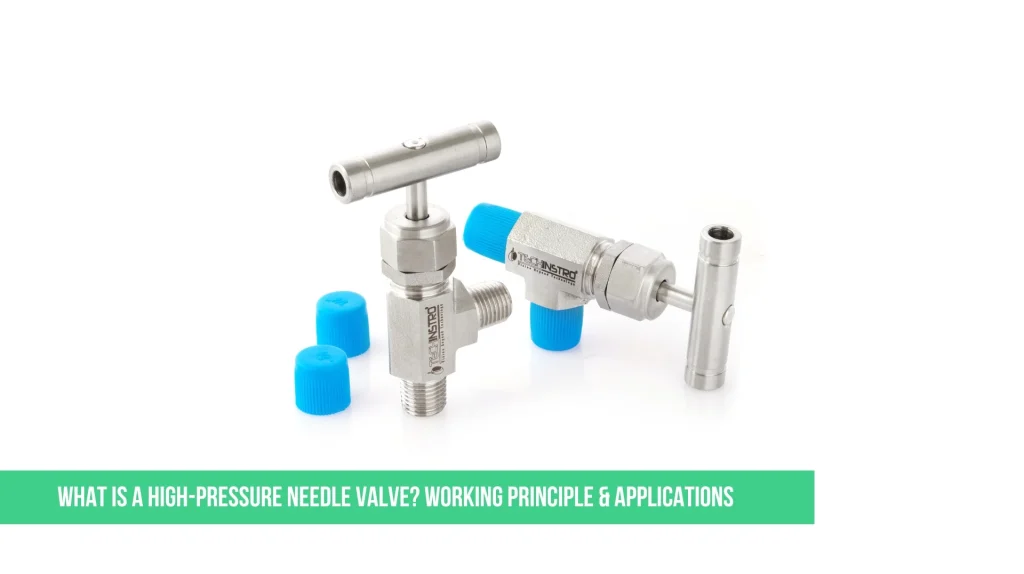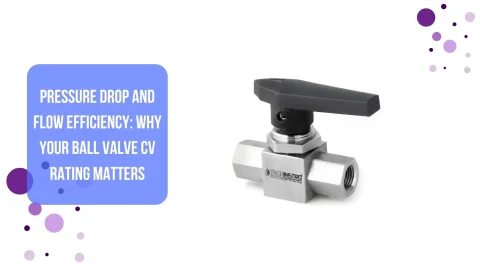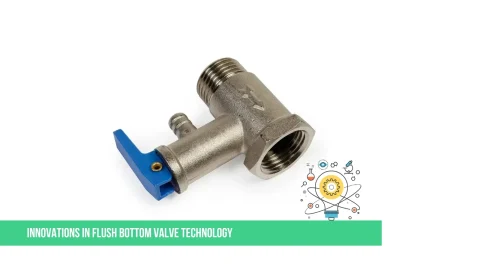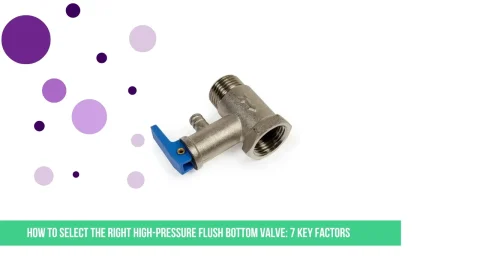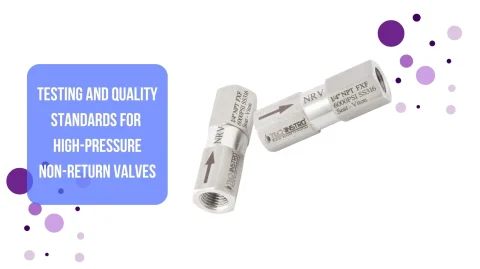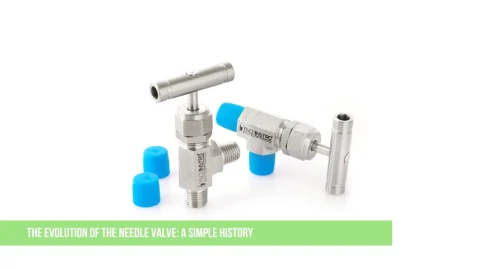A high-pressure needle valve is a precision flow control device designed to regulate the flow of liquids or gases in systems operating under extreme pressure conditions (typically 1,000 psi to 60,000 psi or more). Unlike standard needle valves, these are built with robust materials and specialized designs to withstand harsh environments while maintaining precise control.
This article explores the working principle, key components, types, and applications of high-pressure needle valves across industries.
Working Principle of a High-Pressure Needle Valve
Needle valves control flow using a tapered, needle-like plunger that moves in and out of a seat, allowing for fine adjustments. The key steps in their operation are:
- Flow Regulation – When the valve handle is turned, the threaded stem moves the needle up or down.
- Sealing Mechanism – The needle’s conical tip fits precisely into the seat, minimizing leakage even at high pressures.
- Pressure Handling – Reinforced bodies and hardened materials prevent deformation under extreme pressure.
Key Components
- Body: Made of stainless steel (SS316), brass, or alloy steel for durability.
- Stem & Needle: Precision-machined for smooth flow adjustment.
- Seat: Often made of **PTFE, PEEK, or metal-to-metal for high-pressure sealing.
- Bonnet: Secures the stem and prevents leaks.
- Handle/Actuator**: Manual knobs or automated actuators for control.
Applications of High-Pressure Needle Valves
Oil & Gas Industry
- Wellhead controls – Manages pressure during drilling.
- Chemical injection – Precise dosing of inhibitors.
- Pressure testing – Used in hydrostatic test pumps.
Hydraulic & Pneumatic Systems
- Controls fluid flow in heavy machinery, actuators, and cylinders.
Aerospace & Defense
- Rocket fuel systems – Regulates propellant flow.
- High-pressure air & gas – Used in oxygen systems.
Laboratory & Analytical Instruments
- Chromatography, HPLC– Precise solvent flow control.
- Cryogenic applications – Handles liquid nitrogen/argon.
Power Plants & Energy
- Steam & boiler controls – Manages high-temperature fluids.
- Advantages of High-Pressure Needle Valves
- Precise flow control– Ideal for fine adjustments.
- Leak-resistant – Superior sealing at extreme pressures.
- Durable construction – Resists corrosion and wear.
- Versatile – Works with gases, liquids, and aggressive media.
Conclusion
High-pressure needle valves are crucial in industries where precision, reliability, and safety are essential under extreme conditions. Choosing the right valve depends on material compatibility, pressure rating, and specific application needs.
